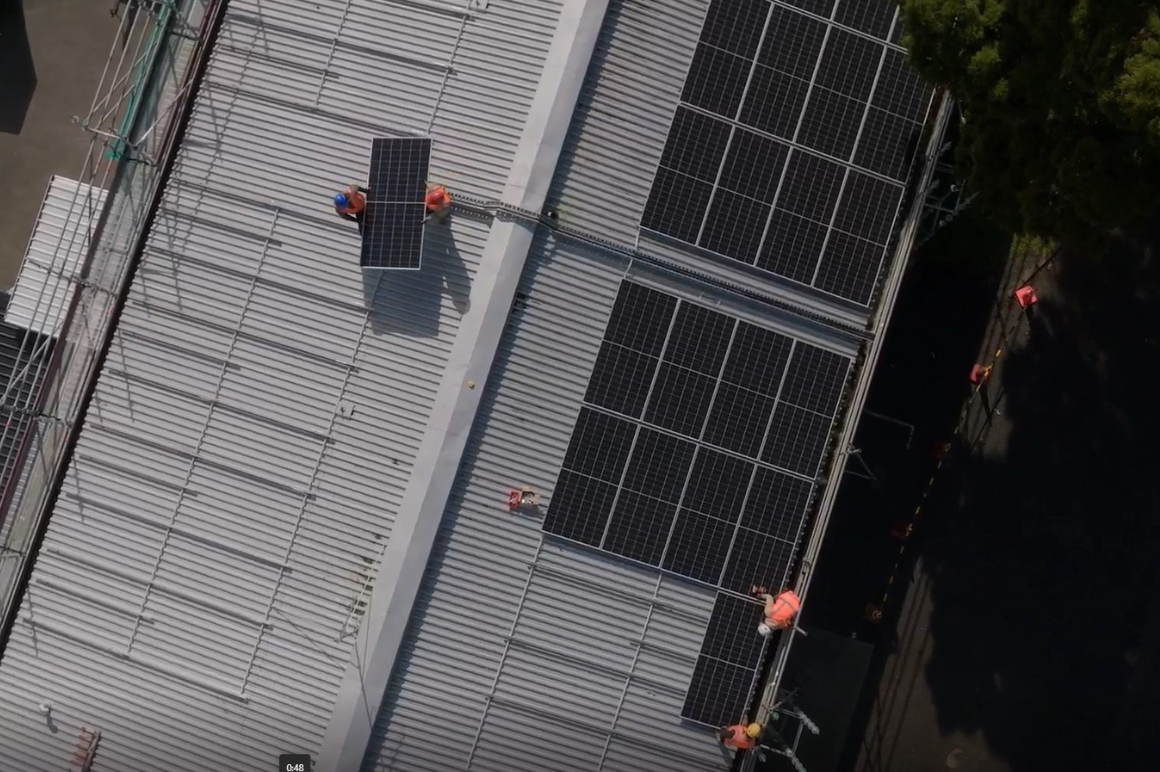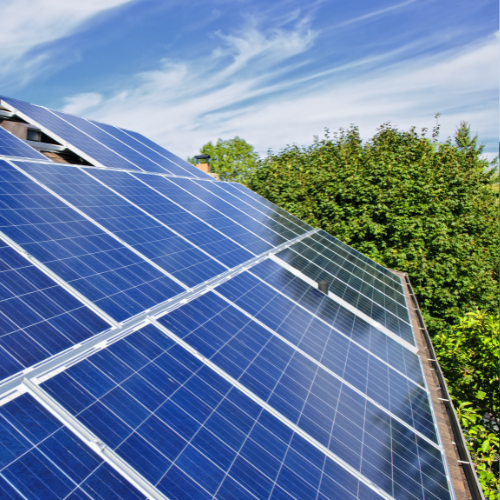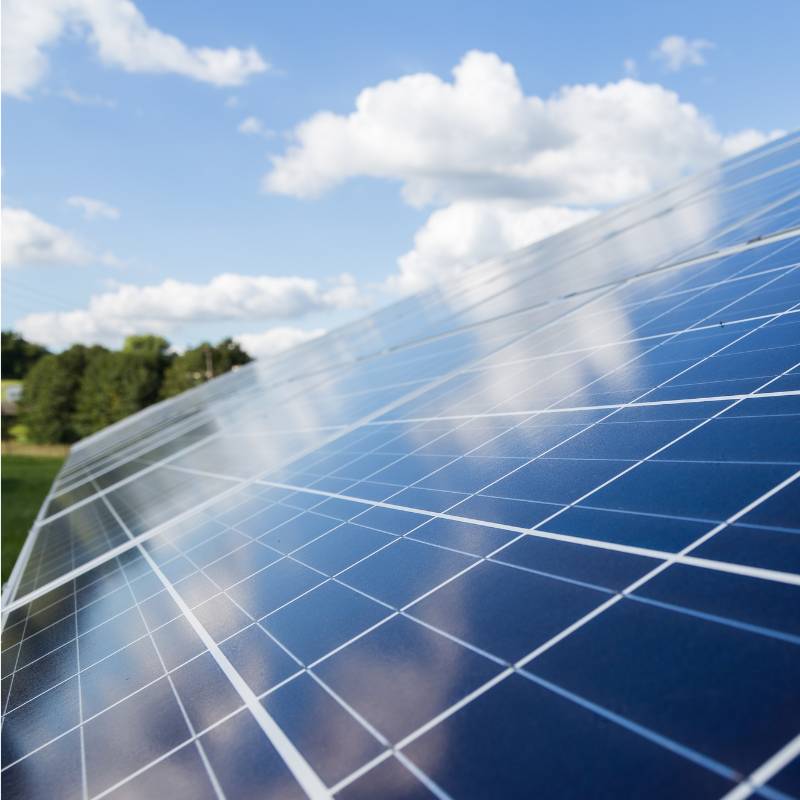A groundbreaking initiative that allows communities to share solar energy has taken a big step forward, having been selected for the Electricity Authority’s Power Innovation Pathway.

The Franklin Energy Sharing Pilot is one of several initiatives selected for the programme, which supports projects with the potential to deliver significant benefits to electricity consumers.
A collaboration between Climate Connect Aotearoa, Counties Energy and Ara Ake (New Zealand’s national energy innovation centre) the pilot aims to help more Kiwis enjoy the benefits of solar energy, regardless of whether they can afford the upfront cost of a rooftop solar system.
The pilot is trialling a new energy model where solar generators can share their excess electricity directly with others in their community – breaking down barriers to clean energy access while keeping benefits local.
Energy sharing. How does it work?
For the pilot, electricity produced by solar panels installed at a Counties Energy site in Pukekohe will be stored in a community battery. Electricity generated and stored will then be gifted to three local community organisations – Mai Lighthouse (formerly Franklin Family Support Services), Whaanau Resource Centre O Pukekohe Charitable Trust, and the Waiuku Family Support Network.
The approach is based on a Multiple Trading Relationship (MTR) model in which households or businesses with excess solar energy can trade or gift that energy to others in their local community.
Currently, regulatory barriers prevent this kind of customer-to-customer trading. Selection for the Power Innovation Pathway means the Electricity Authority will work alongside the pilot partners to understand and address some of those barriers and help achieve a successful outcome.
Innovation through collaboration
Climate Connect Aotearoa is responsible for the overall project management of the pilot. Programme Director Sarah Anderson says the project will serve to test and refine the concept. If successful, the longer-term goal is to roll it out on a wider basis.
“The pilot is a great example of how collaboration can not only drive innovation, but also bring fresh ideas to market faster,” says Sarah. “Energy sharing is an idea with the potential for significant benefits if it can be implemented on a larger scale.
“For example, it may offer financial benefits to customers who are trying to manage their electricity costs but can’t afford to install rooftop solar themselves, by providing access to cheaper, locally produced electricity.
“For electricity networks, energy sharing can provide greater flexibility of generation through locally produced energy. For the electricity market, it may create opportunities for new entrants to compete by offering flexible, localised energy solutions. And from an environmental perspective, increasing the uptake of rooftop solar systems can help communities increase their climate resilience and help reduce emissions.”
Sarah Anderson says the pilot is also demonstrates the purpose of Climate Connect Aotearoa. “Part of our role is to bring stakeholders from business, government and communities together to find innovative solutions to climate-related challenges and opportunities. This project is an excellent example of the power of collaboration to generate new approaches to some of our most pressing issues.”


